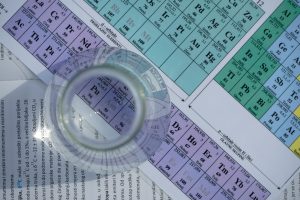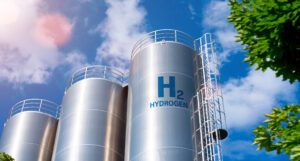CHEMICAL SECTOR DECARBONIZATION Leading the Way with Advanced Biomethane and Biofuel Solutions
Renewable Gas Procurement for Scopes 1 and 3
Mitigate Scope 1 and 3 emissions in your chemical processes using Renewable Natural Gas (RNG) solutions. Our expertise revolves around the utilization of RNG and biofuels to produce high-value chemicals (HVCs), ammonia, methanol, and hydrogen. We offer tailored decarbonization solutions aimed at prioritizing the substitution of conventional feedstock with sustainable alternatives.
Renewable Electricity Sourcing for Scope 2
Elevate environmental performance throughout downstream products and base chemical manufacturing through the adoption of Energy Attribute Certificates (EACs), like, GoOs, RECs, I-RECs and such, or Virtual Power Purchase Agreements (VPPAs). Our comprehensive solutions target Scope 2 emissions, fostering a holistic approach to decarbonization.
EU ETS and Compliance Expertise for Scope 1
Comply with the different regulations, such as the EU Emissions Trading Schemes (ETS), Carbon Taxes, and CBAM. Through Vertis Environmental Finance, we assist in public climate disclosure, ensuring compliance, and meeting customer demands for environmentally friendly products, bolstering your brand’s reputation.


